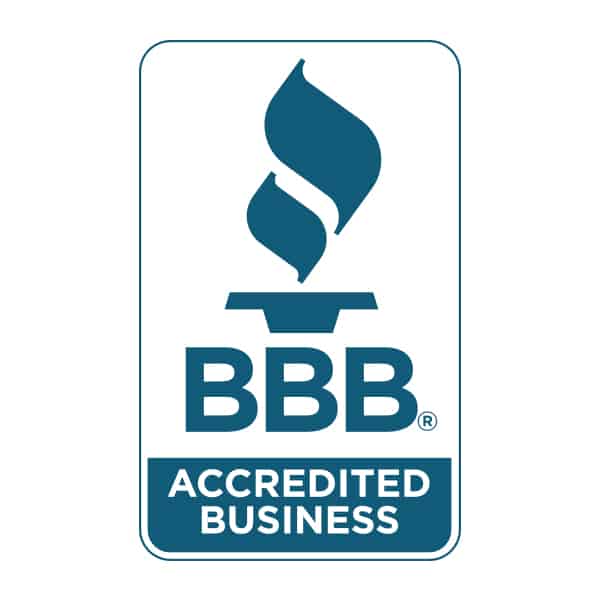TPO stands for thermoplastic polyolefin. It is the newest and most popular single-ply roofing membrane on the flat roofing materials market.
TPO is made of a heat-resistant blend of plastic, ethylene / propylene rubber, fire retardants, heat and UV stabilizers, and filler materials such as talc, carbon filler, and fiberglass. TPO can be fully adhered, mechanically fastened or induction welded to the roof surface. It is reinforced with a polyester scrim for durability and is heat (hot-air) weldable.
History
TPO first came to the US market in the 1990s. Annual sales of TPO have overtaken PVC (polyvinyl chloride) in the thermoplastic roofing membrane segment of the market due to its lower price point. Annual sales are projected to reach 6.2 billion (US) by 2026.

From the Research and Markets Store
Installation
TPO can be fully adhered, mechanically fastened or induction welded to a flat roof surface. TPO is sold by the roll (either 50 or 100 feet long), with widths up to 12 feet, 10 feet being the most common. Being fully reinforced, mechanical attachment is very common with TPO. (Non-reinforced membranes should only be fully adhered.)
Pros and Cons
While TPO is newer to the roofing industry than PVC, it appears to be just as durable with both roof types suitable for most climates. It is environmentally friendly and lasts between 15 – 25 years.
Keep in mind that TPO is still relatively new to the market and comes from multiple manufacturers with different chemical formulations. Be sure to select a reputable supplier with a proven track record when purchasing TPO because product and installation quality can vary.
Our Recommendation
Flat Roof Solutions has been installing, repairing, and upgrading flat roofs for more than 20 years. We are experts in single-ply flat roof membranes and industrial-grade waterproof coatings. We typically recommend PVC to our commercial and industrial roof clients because it has a longer track record of performance. For more details, read Does Paying the Lowest Price for Flat Roofing Materials Actually Save You Money.
If you are thinking about installing a commercial flat roof, talk to a seasoned professional roofing contractor. Your should requirements should guide you and your contractor when deciding which product will work best for you.











Add your first comment to this post